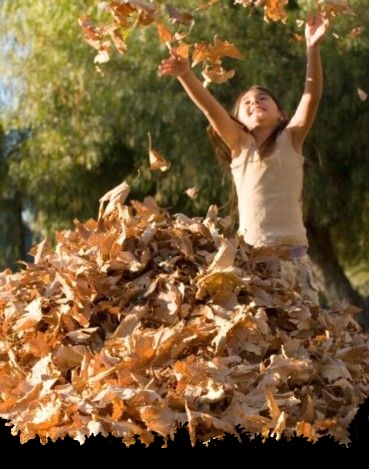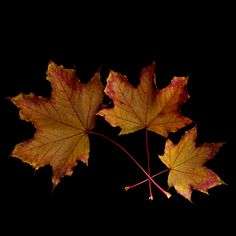
dad rakes lawn’s debris
and his child plays with leaves pile —
free patience lesson

|
Author Notes
I created a multi-author book of renga poems. You are welcome to participate. If you need help send me a message.
RENGA is a unique collaborative Japanese style of poetry in which multiple poets write alternating stanzas. Renga is complicated and requires a good understanding of the form but if you need help do not hesitate to contact me.. for more information click here
THE BOOK OF RENGA FORM
How To Write a Renga Poem
FIRST POET - starts with a three-line haiku 5/7/5 that sets the theme and season of the poem.
THE SECOND POET writes a 7/7 stanza links to the previous chapter with same theme.
THE THIRD POET writes a 5/7/5 stanza links to the previous chapter with same theme.
THE FOURTH POET writes a 7/7 stanza links to the previous chapter with same theme.
The process continues repeating the same process on and one. Some renga books can be 100 stanzas or more..
When you open the book, notice the type of stanza (5/7/5) or (7/7) and follow the order abiding by the Steps of the Book of Renga Form.
To post your chapter, scroll down, above the review box and Click on ADD CHAPTER.
Before you post, make sure you have the right chapter. To check, look at the top of the post page, there are a series of chapter numbers in blue, whatever the last chapter is, yours will come after that one. To open the book, click here
ADDITIONAL INFORMATION AND HISTORY
RENGA was created in the 13th century. Renga poems were typically composed during gatherings of poets but could also be composed by single poets. The linked poems had a seasonal word (kigo) and a dash (kireji). Each renga verse only relates to its immediate neighbors, the one before and the one after. The most important rule of linking was that links could only exist between two adjacent verses, i.e. a verse could not be connected with any verses aside from the one it was being linked to.
if you want to read more about renga click here
Thank you for reading and reviewing my poem.
Gypsy
Renga Book, presentations, and poems by Gypsy Blue Rose (c) 12/2/24
|
|




